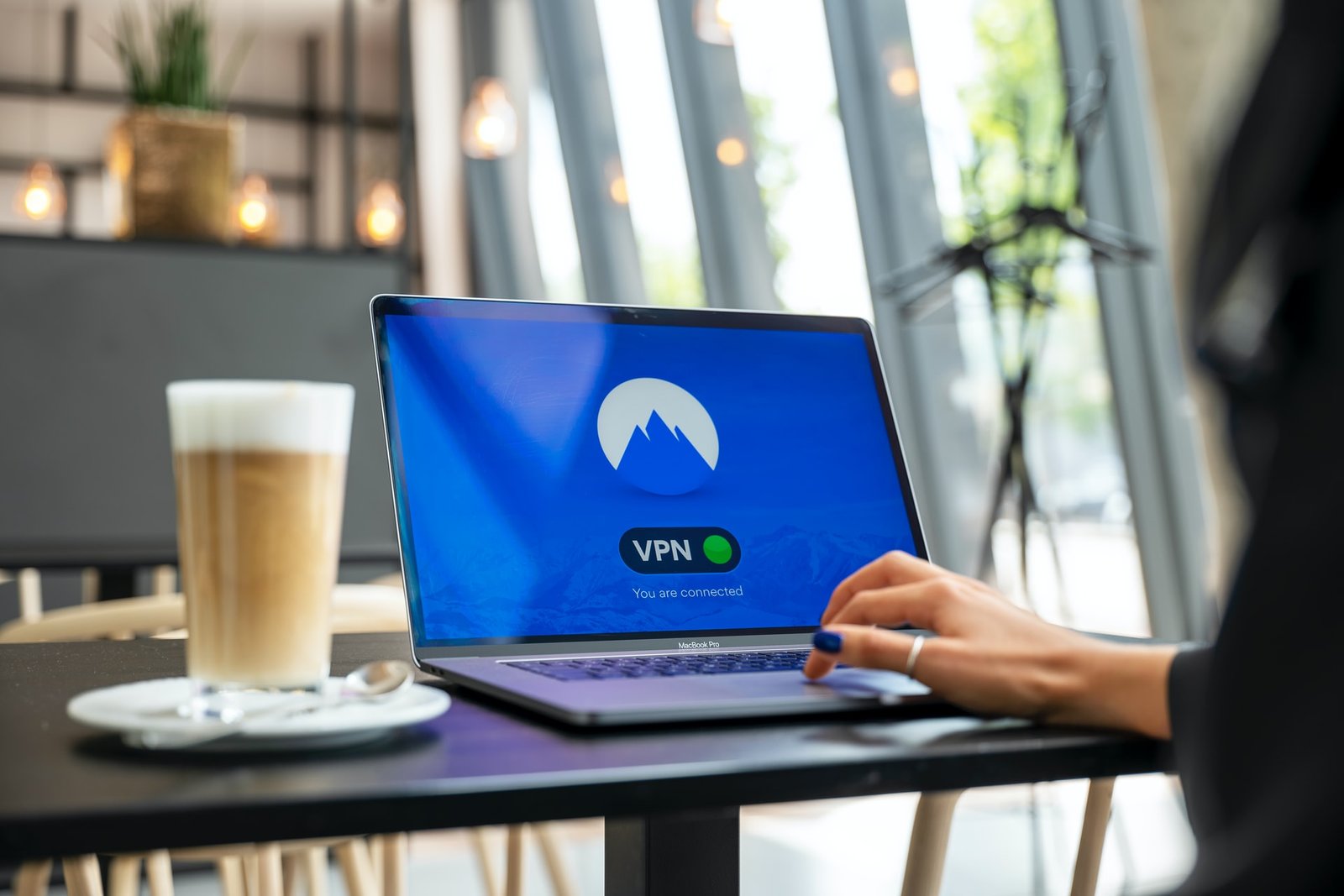Remote work allows people to work from anywhere, just using an internet connection. But is it safe and secure? Ensuring that your remote work isn’t at risk of cyberattacks can be one of the most impactful decisions for your business, and a VPN can be your lifesaver.
Let’s see why.
Is Securing Your Remote Work Really Necessary?
Remote access allows workers to access resources from their company’s network from a distant location. But during this process, the company and its data become vulnerable to the outside world.
There are many hacking groups out there who are waiting for this small moment of vulnerability patiently to launch cyber-attacks. These attacks can harm your company and business in multiple ways, that can include data corruption, loss, and even system failure.
After the hackers get a hold of your crucial information, they can either sell it to your competitors or even extort money from you in return. These are the scenarios that make securing your remote work really necessary.
How Can a VPN Secure and Affect Your Remote Work?

Now that you are aware of the significance of securing your remote work, the next question is, how can you do it? There is a simple method for completing this task, and it can be done using a VPN (Virtual Private Network). A VPN’s use can impact your remote work significantly—let’s see how.
Enhance your Online Security
A VPN can mask the IP address of your workers so that they can secure themselves from unwanted spying. It can establish multiple levels of encryption so that all of the data that goes from and to their device is scrambled and can only be accessed by authorized parties.
These encryptions take all of your readable data and convert it into a form where it just appears to be random words. So, even if a hacker intercepts it and steals the data, he cannot use any part of it without having authorization from the original user.
Securing Public Networks
When your employees are working remotely, there is a significant amount of chance that they might be using public Wi-Fi. These connections are mainly secured poorly and quickly provide access to criminals and hackers.
Besides this, some intelligent hacking groups set up their routers and give them names like “Free Wi-Fi.” These routers are brimming with viruses and will infiltrate any private data as soon as someone connects to it.
But when you implement a VPN into your connection, it encrypts all of your data and converts public connections into private connections. This way, your workers can easily connect to any public Wi-Fi without having to worry about the repercussions.
Affordability
Unlike the other methods, one of the best things about VPNs is their affordability. A lot of business VPNs can be purchased on a monthly or yearly basis, and many providers provide multiple discounts based on the number of employees you have.
This makes it a go-to choice for company owners when they are trying to delegate their tasks to remote workers but don’t want to compromise on security.
Easier Accessibility
On the contrary to other complex and technical methods of securing your connection, a VPN can quickly provide the same results just with a few clicks. This makes it easier for companies to delegate work to their employees after giving them a business VPN. In addition, they do not require any additional knowledge and can set it up from anywhere around the globe.
What If You Don’t Secure Your Remote Work?
If you decide not to secure your remote work, hackers can launch several incidents and attacks on your company and business. These attacks can range from doing minor damages to leaving your company wholly vulnerable and at the mercy of such hackers. This is the reason why you should never neglect the security of your remote work and data while delegating tasks.
There are several attacks that hackers can launch on an unsecured network, and these include:
- Malware Attacks
- Phishing Attacks
- MitM (Man-in-the-Middle) Attacks
- DoS (Denial-of-Service) Attacks
- SQL Injections
- Password Theft
- Zero-day Exploits
- Cross-Site Scripting
- IoT (Internet of Things) Attacks
- Rootkits










FIND US ON SOCIALS